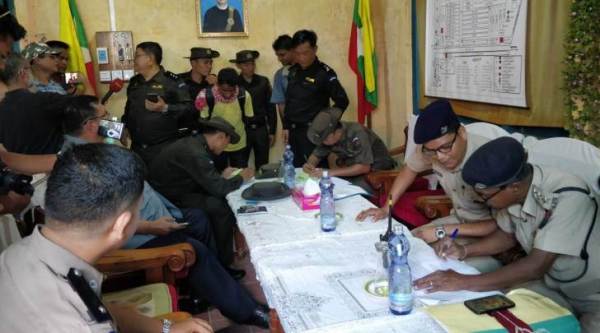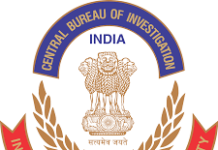The Rohingya, Muslims from Rakhine province on Myanmar’s western coast, started arriving in sizeable numbers in India’s Northeast in late 2011 following stepped-up persecution by the Myanmar armed forces. The seven men were arrested in 2012 for having entered India illegally. The Chief Judicial Magistrate, Cachar, convicted them of violating The Passport (Entry into India) Act, 1920, and sent them to prison for three months, followed by detention pending repatriation. The men had been lodged at the Silchar Central Prison in Assam ever since.
The state shared details about the individuals with the Ministry of External Affairs (MEA), which verifies nationality through foreign missions and embassies. Myanmar confirmed their identities and issued them travel documents; meanwhile, the seven men, too, requested the Myanmarese embassy in India to facilitate their return, according to an MEA statement.
After reconfirming their willingness to be repatriated, on Wednesday, India moved to send them back. The seven men were handed over to the Myanmarese authorities at the Moreh border in Manipur Thursday after the Supreme Court declined to intervene in the process.
 The seven men were handed over to the Myanmarese authorities at the Moreh border in Manipur.
The seven men were handed over to the Myanmarese authorities at the Moreh border in Manipur.
Who is an illegal immigrant in India? How is an illegal immigrant different from a refugee?
An illegal immigrant can be (i) a foreign national who enters India on valid travel documents and stays beyond their validity, or (ii) a foreign national who enters without valid travel documents. India is not a signatory to the 1951 United Nations Convention and 1967 Protocol Relating to the Status of Refugees, and it does not currently have a national law on refugees. In 2011, the Union government circulated to all states and Union Territories a Standard Operating Procedure to deal with foreign nationals who claimed to be refugees.
Cases that can be prima facie justified on grounds of well-founded fears of persecution on account of race, religion, sex, nationality, ethnic identity, membership of a particular social group or political opinion, can be recommended by states or Union Territories to the Union Home Ministry for a long-term visa (LTV) after due security verification. LTV-holders are allowed to take up private-sector employment and enrol in any academic institution.
What about illegal migrants?
In the view of the Indian government, illegal migrants “infringe on the rights of Indian citizens” and are “more vulnerable for getting recruited by terrorist organisations”. Section 3(2)(c) of The Foreigners Act, 1946, gives the central government the right to deport a foreign national. The power to identify and deport foreign nationals who are in India illegally has been delegated to state governments, Union Territories and the Home Ministry’s Bureau of Immigration. Illegal immigrants who are intercepted at the border while entering India unauthorisedly can be sent back then and there.
According to the government, the Mission Mode Project on Immigration, Visa and Foreigners Registration & Tracking (IVFRT) will facilitate improved tracking of foreigners by integrating and sharing information captured at Indian missions during the issuance of visas, during checks at Immigration Check Posts (ICPs), and at Foreigners’ Regional Registration Offices (FRROs).
How many Rohingya are currently in India? In which parts of the country are they concentrated?
As per Home Ministry data, there are more than 14,000 UNHCR-registered Rohingya in India. However, security agencies estimate the number of Rohingya living illegally in India at 40,000. There are clusters of Rohingya population in Jammu, Hyderabad, and Delhi-NCR, besides the states of Haryana, UP, and Rajasthan. The UN says the Indian government has an international legal obligation to acknowledge the institutionalised discrimination, persecution, hate and human rights violations the Rohingya face in their country of origin, and to provide them with necessary protection.
Does Thursday’s Supreme Court order mean more Rohingya could now be sent back to Myanmar?
No. The Supreme Court’s refusal to intervene Thursday does not impact the challenge it is hearing to the Centre’s August 2017 order on the identification and deportation of illegal immigrants. That plea deals with India’s obligations under international human rights conventions. However, those already declared illegal immigrants or foreigners without valid documents could face action as per the laid down procedure under The Foreigners Act, 1946.





